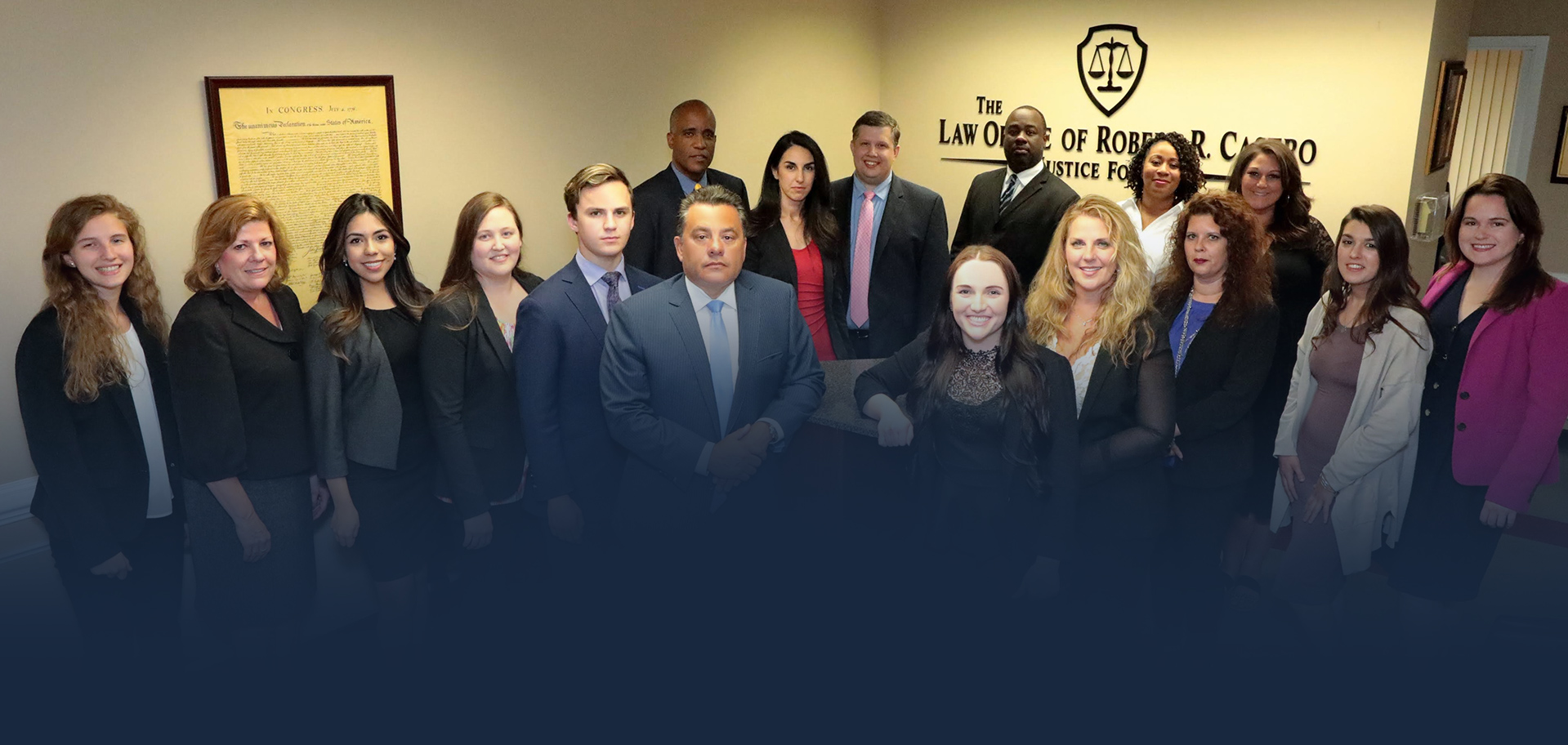How Do You Prove Dissipation of Marital Assets in a Maryland Divorce?
The role of the court in a contested divorce case is to make an “equitable distribution” of any marital assets between the parties. If one spouse attempts to circumvent this process by intentionally using marital property for a purpose “unrelated to the marriage” and for their own benefit while the marriage is breaking down, that is considered an illegal “dissipation” of marital assets. Basically, if you spend money on yourself simply to keep those funds from going to your estranged spouse in a divorce, the judge can hold that against you when making the final equitable distribution.
Court of Special Appeals Orders Third Hearing on Former Husband’s Use of Brokerage Account
Not all unilateral spending that the other spouse objects to is necessarily dissipation. For example, Maryland courts have said that each spouse may spend marital funds to pay their legal fees in a divorce case without committing dissipation. But when a spouse does allege dissipation and provides some evidence to support that claim, the burden does shift to the other spouse to prove their spending was “appropriate.”
The Maryland Court of Special Appeals (CSA) addressed this issue–specifically the spending of marital funds on legal fees–in a pair of decisions this year. Both decisions involved the same divorce case, Dentz v. Dentz. The former husband initially appealed the trial court’s final divorce decree on a number of grounds. In January 2021, the CSA reversed as to one issue, a finding of dissipation by the former husband.
During the trial, the former wife accused the former husband of dissipating over $100,000 from a brokerage account in his name, which the former wife claimed should be considered a marital asset. The former husband testified he used those funds to repay his mother, who had helped him pay his legal fees in connection with the divorce as well as his mortgage payments.
Although the former husband provided copies of his legal bills to prove the spending was legitimate, the trial judge did not accept it. This disturbed the CSA, which said that this effectively assumed that the lawyers–officers of the court–produced false invoices. Absent any evidence of such fraud, it was improper for the judge to simply infer that was the case.
More to the point, the trial judge erred in assuming the husband had to show a “direct tracing of the marital funds to payment of the legitimate expenditure.” The CSA therefore ordered the judge to reconsider the dissipation issue. The judge did and again found there was dissipation, prompting a second appeal by the former husband. This led to the CSA’s second opinion, issued in December 2021, which held the trial court failed to provide any explanation for disbelieving the former husband’s testimony on this issue. The CSA therefore ordered a third hearing and asked the trial judge “to consider taking testimony from any witness who might clarify exactly how the funds from the parties’ bank accounts were used.”
Contact Charles County, Maryland, Family Law Attorney Robert Castro Today
This article has been provided by the Law Office of Robert Castro. For more information or questions contact our office to speak to an experienced lawyer at (301) 705-5253.
Sources:
- https://scholar.google.com/scholar_case?case=9671805889040059714
- https://www.courts.state.md.us/sites/default/files/unreported-opinions/0207s21.pdf




